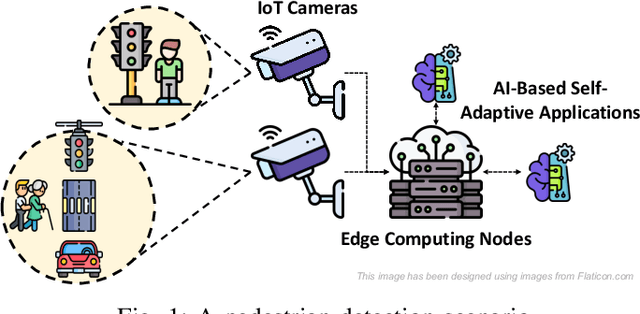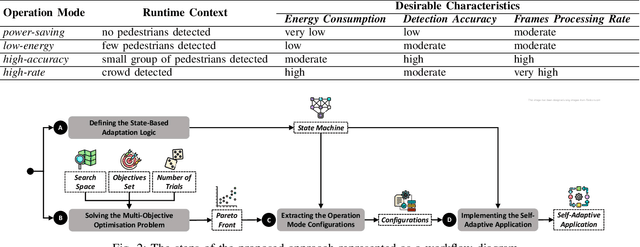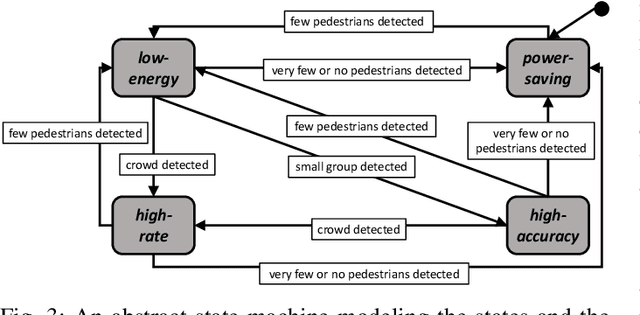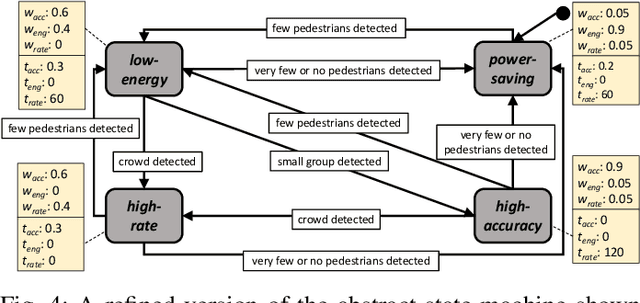Ivona Brandić
Limits of quantum generative models with classical sampling hardness
Dec 31, 2025Abstract:Sampling tasks have been successful in establishing quantum advantages both in theory and experiments. This has fueled the use of quantum computers for generative modeling to create samples following the probability distribution underlying a given dataset. In particular, the potential to build generative models on classically hard distributions would immediately preclude classical simulability, due to theoretical separations. In this work, we study quantum generative models from the perspective of output distributions, showing that models that anticoncentrate are not trainable on average, including those exhibiting quantum advantage. In contrast, models outputting data from sparse distributions can be trained. We consider special cases to enhance trainability, and observe that this opens the path for classical algorithms for surrogate sampling. This observed trade-off is linked to verification of quantum processes. We conclude that quantum advantage can still be found in generative models, although its source must be distinct from anticoncentration.
A Decentralized and Self-Adaptive Approach for Monitoring Volatile Edge Environments
May 13, 2024Abstract:Edge computing provides resources for IoT workloads at the network edge. Monitoring systems are vital for efficiently managing resources and application workloads by collecting, storing, and providing relevant information about the state of the resources. However, traditional monitoring systems have a centralized architecture for both data plane and control plane, which increases latency, creates a failure bottleneck, and faces challenges in providing quick and trustworthy data in volatile edge environments, especially where infrastructures are often built upon failure-prone, unsophisticated computing and network resources. Thus, we propose DEMon, a decentralized, self-adaptive monitoring system for edge. DEMon leverages the stochastic gossip communication protocol at its core. It develops efficient protocols for information dissemination, communication, and retrieval, avoiding a single point of failure and ensuring fast and trustworthy data access. Its decentralized control enables self-adaptive management of monitoring parameters, addressing the trade-offs between the quality of service of monitoring and resource consumption. We implement the proposed system as a lightweight and portable container-based system and evaluate it through experiments. We also present a use case demonstrating its feasibility. The results show that DEMon efficiently disseminates and retrieves the monitoring information, addressing the challenges of edge monitoring.
An Energy-Aware Approach to Design Self-Adaptive AI-based Applications on the Edge
Aug 31, 2023



Abstract:The advent of edge devices dedicated to machine learning tasks enabled the execution of AI-based applications that efficiently process and classify the data acquired by the resource-constrained devices populating the Internet of Things. The proliferation of such applications (e.g., critical monitoring in smart cities) demands new strategies to make these systems also sustainable from an energetic point of view. In this paper, we present an energy-aware approach for the design and deployment of self-adaptive AI-based applications that can balance application objectives (e.g., accuracy in object detection and frames processing rate) with energy consumption. We address the problem of determining the set of configurations that can be used to self-adapt the system with a meta-heuristic search procedure that only needs a small number of empirical samples. The final set of configurations are selected using weighted gray relational analysis, and mapped to the operation modes of the self-adaptive application. We validate our approach on an AI-based application for pedestrian detection. Results show that our self-adaptive application can outperform non-adaptive baseline configurations by saving up to 81\% of energy while loosing only between 2% and 6% in accuracy.
 Add to Chrome
Add to Chrome Add to Firefox
Add to Firefox Add to Edge
Add to Edge